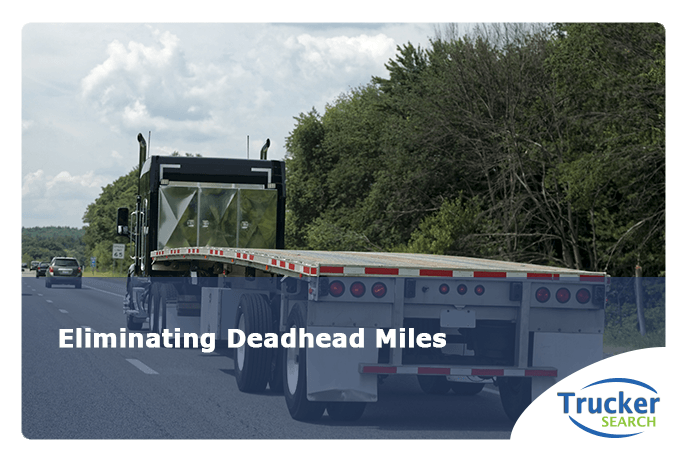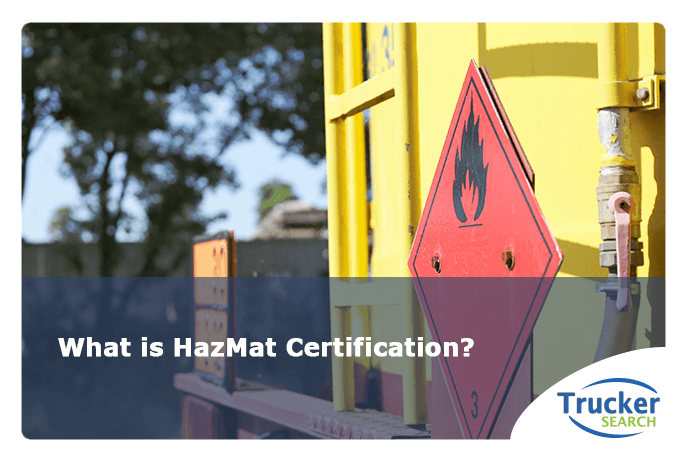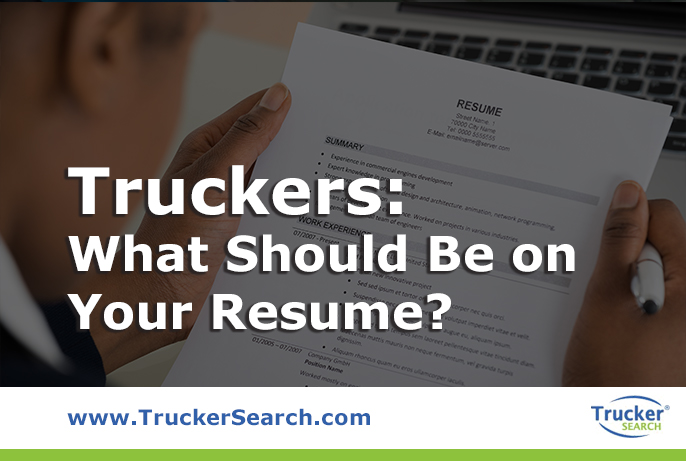There’s been concern in the trucking industry about the current driver shortage and its effect on business and the economy; both now and in the future with good reason. At the end of the second quarter of 2018, the shortage ballooned to a driver shortfall of nearly 300,000. With the current high number of retirements and the low number of incoming applicants, that number is only expected to grow.
It may be a boon to truckers who can be more selective with the companies they choose to drive for, and the loads they choose to haul. Many companies are offering sign-on bonuses and other perks to attract drivers.
Aside from bonuses, trucking companies are looking for other ways to obtain more drivers such as trying to attract more women and recent high school graduates to the profession. There’s also a push by trucking companies to hire military veterans to fill seats, regardless of their field of expertise while in the military.
Here’s why it’s a great idea:
The military lifestyle is a regimented one. Although the trucker lifestyle has a reputation for being carefree, it is in fact, a very structured and detail-driven profession. Rules need to be followed, safety procedures have to be adhered to, and deadlines need to be met. This type of structure may take some getting used to for civilians who are new to the field but it may be a natural fit for military veterans. While both jobs are regimented, they also allow significant independence.
Time on the road. There can be substantial time away from home and family for extended time periods. This isn’t easy for everyone but it is something that veterans have had experience with at some point so it may come a little easier. Fortunately, times away from home as a trucker are usually a week at a time instead of a year deployment.
Veterans have high safety standards. Military members are taught from Day One of Basic Training how to live up to high standards, a trait that’s highly desired by trucking companies. Both industries have a strong commitment to safety. In the military, safety is most important for military members’ wellbeing as well as for civilians. Drivers also follow strict safety standards for themselves and anyone else sharing the road with them.
Veterans may have a head start. Many military veterans have their CDLs and/or experience driving large vehicles, and are familiar with the maintenance. If not, there is an exemption for the road test called the “Military CDL Skills Waiver” which allows veterans who have operated certain heavy machinery to skip the road test portion of the CDL test. To see who qualifies, visit FMCSA. If CDL training is still required, it may be shortened depending on military experience. Other programs for military veterans can be found here.
For trucking companies, the benefits of hiring veterans is clear. Aside from getting dedicated, hard-working employees, it’s a chance to pay back individuals who have done so much for the protection and freedom of our country. Military personnel have qualities like independence, discipline, organization, dedication, and courage, trucking companies are more than eager to hire them.
The similarities between the military and trucking industries can make the transition for veterans from a military job to a civilian job much easier. If you’re a military veteran looking to start a career in the trucking industry, Trucker Search is the place to start. You can post your resume or search our vast database of companies looking for drivers to join their teams. Visit Trucker Search and begin your new career today.
Sources:
https://www.fmcsa.dot.gov/commercial-drivers-license/military-driver-programs










